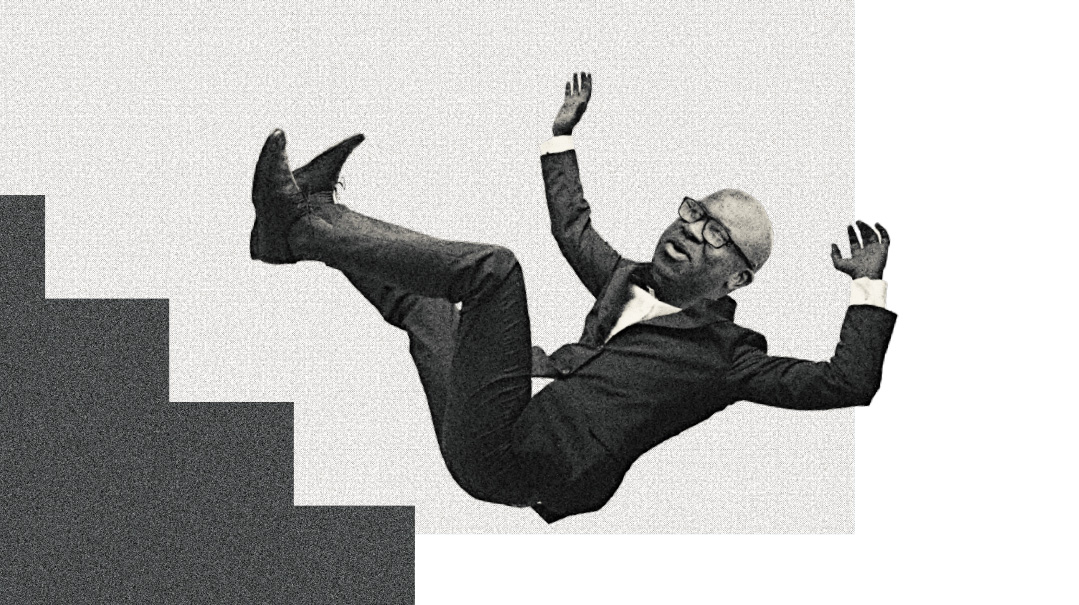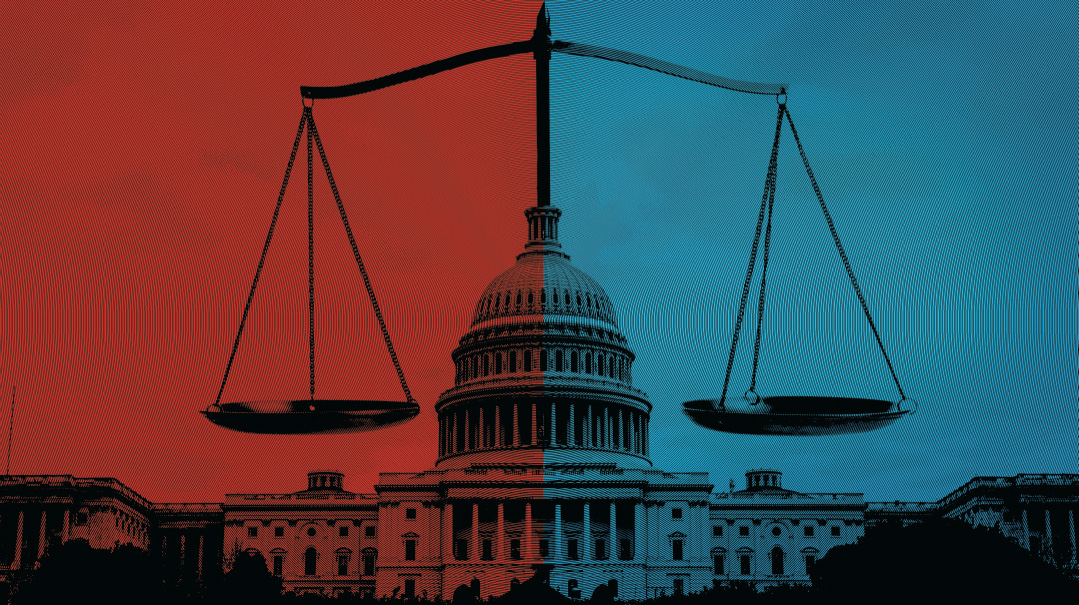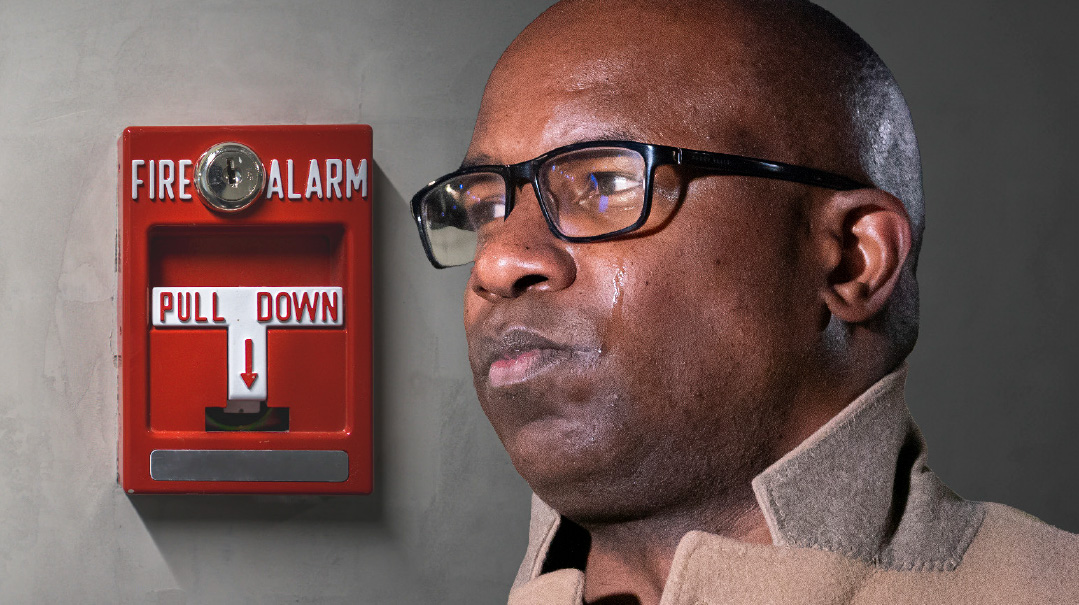Friend, Foe, and Forgiveness in Politics
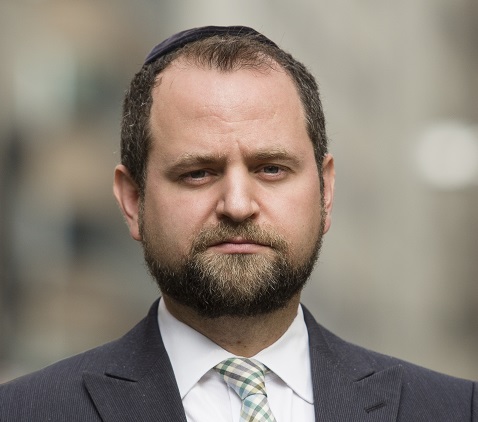
Forgive or forget? Maury Litwack on political mea culpas
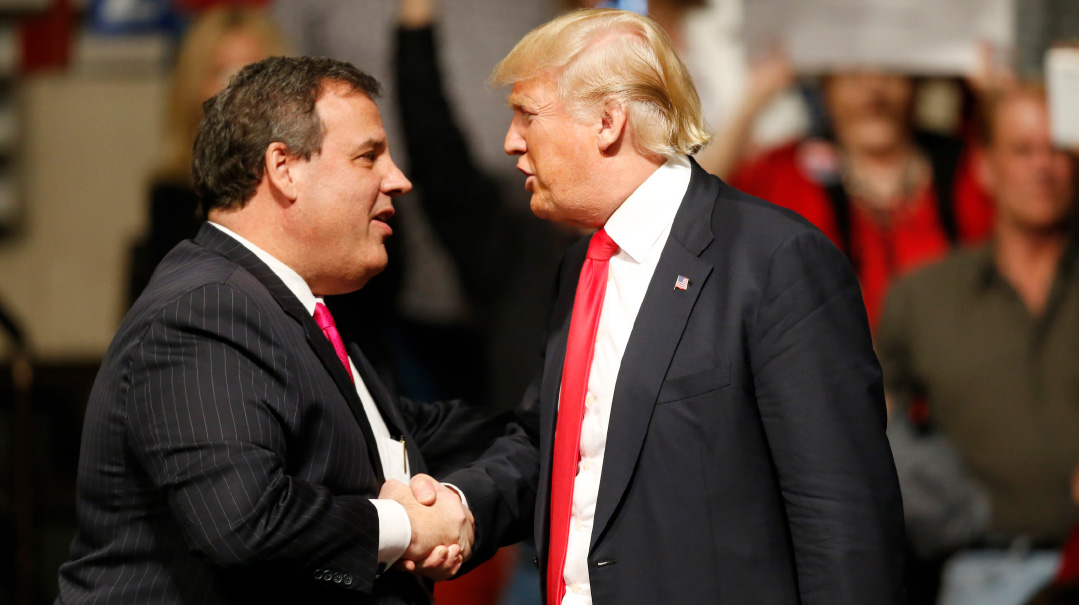
Photo: AP Images
T
here is an old Washington saying, often misattributed to any number of politicians, that has become the stuff of DC lore: “If you want a friend in Washington, get a dog!”
In two decades of political work, I have unfortunately found it to be true: In the heat of battle, it is hard to find friends you can rely on. Too many will lie about their intentions. Too many will deceive when you finally need their vote. Too many will inject their own drama into policy matters. But then the dust settles, and what remains are often people who can become allies and even friends. Is there a period of reflection and teshuvah that goes into this dynamic?
I doubt it.
I believe instead that another famous political quote applies. Lord Palmerston, a British foreign secretary in the 19th century, said: “We have no eternal allies, and we have no perpetual enemies. Our interests are eternal and perpetual.” This quote about foreign policy sets political relationships in their appropriate context. When the interests are shared, enemies can become friends; and when interests conflict, friends can be discarded. We know this formula applies in politics because our presidents have taught us this lesson time and again.
Thomas Jefferson instigated one of this country’s earliest political feuds, with John Adams. The two had once been friends, working together in the Continental Congress and on the Declaration of Independence, serving together as diplomats in France and in the first administration under President Washington. Until Jefferson ran against Adams for the presidency in 1796, and then ultimately defeated him in an 1800 rematch. They remained opponents for years, until long after their presidencies were over. Near the end of their lives, they were reconciled, and they began to write letters to each other for the next decade plus. Jefferson and Adams’ correspondence, totaling some 100 letters, ended when they both died on the same day: July 4, 1826.
Theodore Roosevelt and William Taft were close friends for decades. Serving as young public officials in Washington, they often dined with each other and were close colleagues as their respective careers flourished. Taft served as secretary of war under President Roosevelt and was his chosen successor. When Roosevelt grew tired of Taft’s policies and personality, he turned on Taft and ran against him, ultimately torpedoing Taft’s presidential career. Despite this, the two reconciled once the election was over. Their interests were no longer in conflict, so they struck up a correspondence and resumed the friendship.
In our lifetimes, political relationships have taken hard turns too many times to count. Who can forget the combative 1992 election, in which Bill Clinton defeated George H.W. Bush in a hard-fought race? Once neither man was president, they began a friendly relationship. Bush appeared and spoke at the opening of the Clinton Presidential Library. Donald Trump and Chris Christie were friends, then opponents in 2016; then friends again when Christie endorsed Trump; and now bitter rivals as they square off in the 2024 campaign.
When I began my career in politics, I had a simplistic view of anyone who wasn’t with our side 100 percent — they were against us, and we couldn’t work with them. A mentor quoted me a famous Ronald Reagan line: “My 80 percent friend is not my 20 percent enemy.” It’s a valuable reminder that onetime political rivals can reassess and reset relationships.
Political Apologies We Are Owed
Dark Horse: We are owed an apology for the lack of a true dark horse candidate in the 2024 presidential race. James Polk was our 11th president and the country’s first dark horse candidate. He was such an underdog that even now many readers are asking “Polk?” That trend continued over the years, sweeping in Abraham Lincoln, Jimmy Carter, and Donald Trump, among others. They were hardly considered front-runners or even serious candidates. The next presidential election is just a likely rematch of 2020.
Debates: We are owed an apology for the debates. When a front-runner can skip a debate and still score high in the polls, what purpose does it serve? After Richard Nixon lost to John F. Kennedy in 1960, he determined to skip the debates in 1968 and 1972. Guess what the consequence was for that? He won! Trump is learning the same lesson. Why sit through a debate when it doesn’t impact voters’ final decision?
Polls: We are owed an apology for the media’s continued reliance on polling. I understand that it measures who’s winning and losing. but it is impossible to predict with 100 percent accuracy how voters will vote in an Iowa caucus or in an election 14 months away with one 24-hour news cycle. The continued insistence on using it as a device that shapes political narrative seems outdated. Yes, polling should be a factor, but it is not the sole bellwether of success. We learned this in 2020 and 2022; why learn it again in 2024?
Voting: We are owed an apology for the continued lack of simplicity in casting a ballot. As 2024 nears, why are there so many states that still make it difficult to vote? Why did I spend most of this year explaining to people how to find their polling places, or explaining that waiting an hour in line is still worth casting a vote? Americans shouldn’t be skeptical about their ability to vote or the ease of doing so. Not enough has changed as we enter another major election cycle.
Endorsements: We are owed an apology for the lack of any serious or exciting endorsements. No candidate comes close to Trump’s endorsements. Where is the major game-changing endorsement that leads to others? In 1976, 33-year-old Joe Biden was the first senator to endorse Jimmy Carter. This made news. This helped Carter (an actual dark horse) win. We haven’t come close to anything that exciting this election year.
(Originally featured in Mishpacha, Issue 979)
Oops! We could not locate your form.

